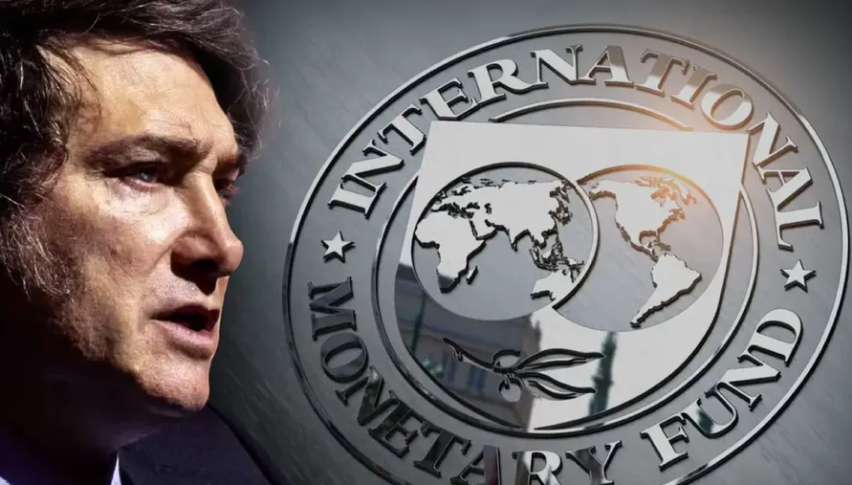Argentina Faces New IMF Deal to Secure U.S. Treasury Bailout
The SDR mechanism would act as a temporary bridge and confidence signal, potentially lifting Argentina’s net reserves.

Quick overview
- Argentina's economic team is negotiating a new program with the IMF to establish a U.S. Treasury-backed dollar swap arrangement.
- The proposed $20 billion swap line aims to provide immediate dollar liquidity to stabilize Argentina's economy and rebuild critical reserves.
- The IMF will impose strict fiscal and structural conditions to ensure debt sustainability and restore investor confidence.
- Washington is also considering targeted interventions in Argentina's sovereign bond market to further support economic stability.
Argentina’s economic team and the International Monetary Fund (IMF) are negotiating a new program that would enable a U.S. Treasury-backed rescue plan through a dollar swap arrangement.

Led by Economy Minister Luis Caputo, the delegation has extended its stay in Washington, ahead of President Javier Milei’s visit on October 14. The talks reflect the complexity of an agreement that would link the IMF and the U.S. Treasury in a coordinated effort to stabilize Argentina’s fragile economy.
At the center of discussions is a $20 billion swap line between the Federal Reserve and the Central Bank of Argentina (BCRA). The deal would provide immediate dollar liquidity to ease pressure on the exchange market and rebuild reserves, which have reached critical levels. The swap would be financed through Special Drawing Rights (SDRs) contributed by the United States via the IMF—a structure that requires approval from the Fund’s Executive Board.
The SDR mechanism would act as a temporary bridge and confidence signal, potentially lifting Argentina’s net reserves above the danger zone and reducing the need for direct market intervention.
Argentinian Bond Purchases
In parallel, Washington is reportedly preparing targeted interventions in Argentina’s sovereign bond market, possibly through selective Treasury purchases or coordination with institutional investors. Officials believe that even the commitment to intervene could be enough to calm markets, signaling that the U.S. stands ready with “unlimited dollars.”
Under Kristalina Georgieva’s leadership, the IMF plans to demand strict fiscal and structural conditions. These include achieving consistent primary surpluses, cutting subsidies and transfers, and pursuing tax, trade, and labor reforms to ensure debt sustainability. The Fund will also press for a rebuild of Argentina’s reserves—a target previously missed under the existing program.
While the conditions are tough, success would mark a turning point for Argentina, restoring investor confidence and paving the way for the largest IMF debtor in history to regain financial stability.
- Check out our free forex signals
- Follow the top economic events on FX Leaders economic calendar
- Trade better, discover more Forex Trading Strategies
- Open a FREE Trading Account
- Read our latest reviews on: Avatrade, Exness, HFM and XM